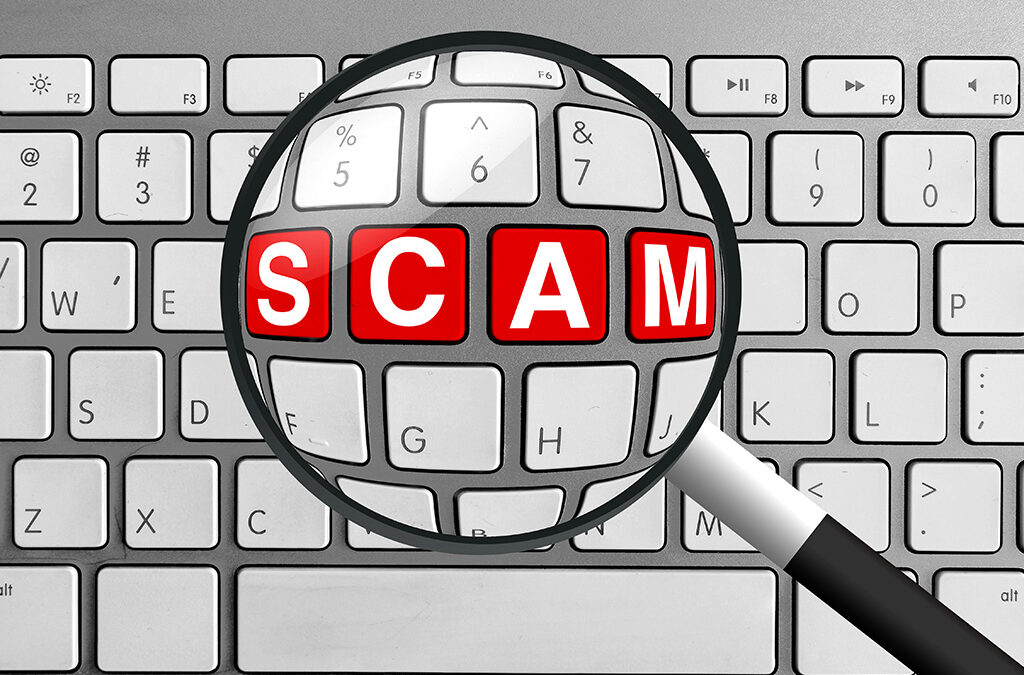Looking for a new job, especially if you’re currently unemployed, can be an arduous and frustrating task.
Resumes. Cover letters. Interviews. It’s a stressful time, and fraudsters know it.
The job hunt could also make people more vulnerable to scams.
According to the Better Business Bureau Institute for Marketplace Trust, the No. 1 scam in 2024 for people ages 18-34 was employment scams. And it is No. 2 for those ages 35-64.
Great pay. Work-from-home options. Flexible hours. No skills needed. All of these are common scammer traps to pinpoint victims.
According to the Federal Trade Commission, about 105,000 job and employment scams were reported in 2024, with a total lost of $501 million.
And according to the BBB, the median dollar loss in employment scams was $1,500.
The scam often involves the fraudster sending the victim a fraudulent check to purchase home office equipment.
But authorities are also warning of new styles of this scam, including the fraudster asking the new hire to invest in a “lucrative” cryptocurrency account, which is actually a fake platform.
So how do you avoid this type of scam, especially if you’re in the market for a new job?
- If it seems too good to be true, it likely is. Be wary of these types of posts. You should research the company before you apply, and look for verified identification.
- Never give out your banking details before you’ve officially started the job. And if you’re pressured into creating a cryptocurrency investment account or asked to pay in a non-traditional way, don’t fall for it.
- Beware of unsolicited messages with job offers.
- Scammers often pressure you to act quickly, so slow down and be methodical when making decisions.
- If you see or get involved in a job scam, report it immediately.
The BBB offers a scam tracker website and survival kit at BBB.org/scamtracker or BBB.org/scamsurvivalkit.
Report scams to ReportFraud.ftc.gov.
Sign up for free consumer alerts by email at ftc.gov/subscribe.


